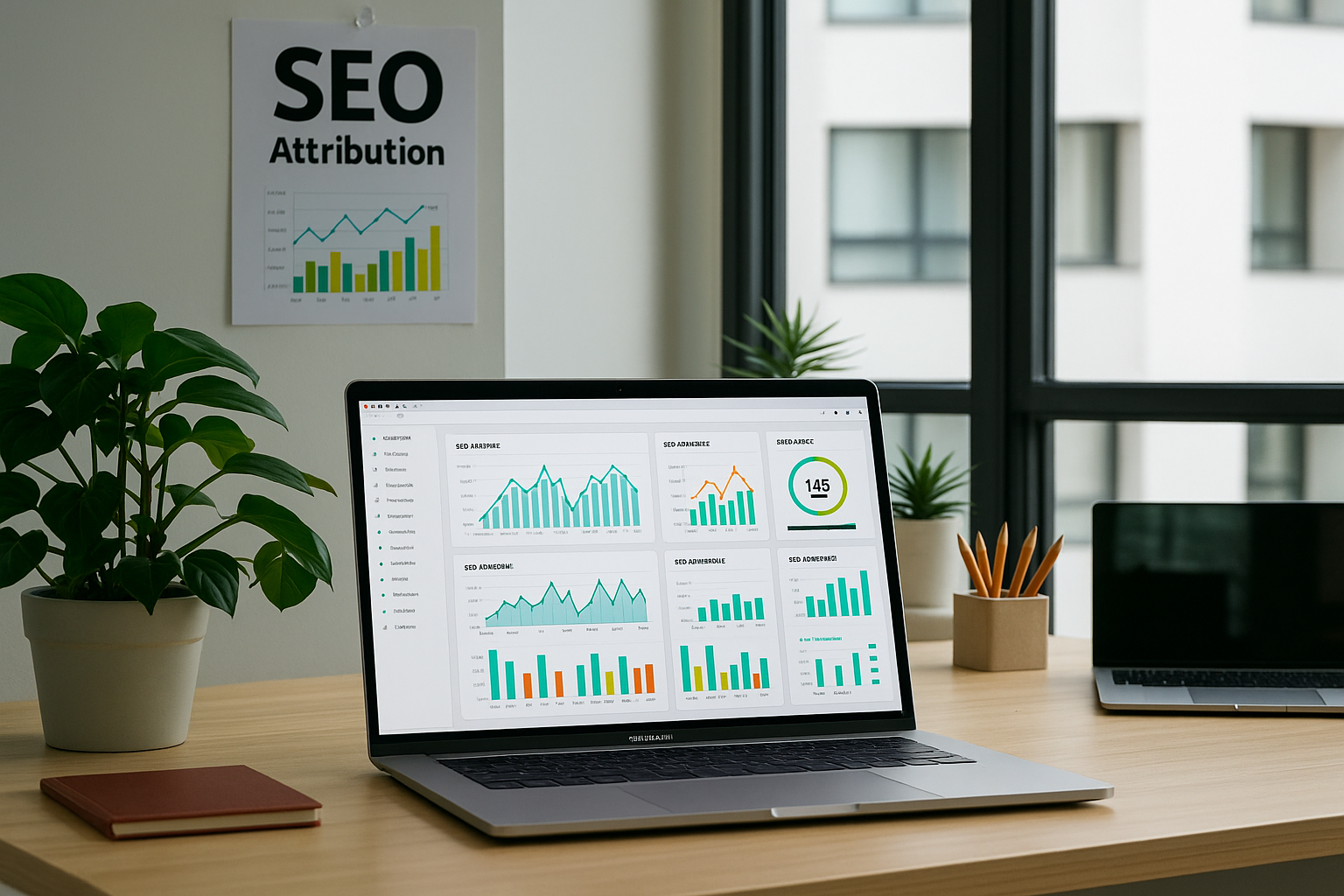Understanding the Breakdown of SEO Attribution
SEO attribution remains complex as traditional tracking methods often fail to capture the full customer journey. Many businesses rely on last-click attribution models, which assign all credit to the final interaction before conversion. This approach overlooks earlier touchpoints such as research and brand awareness driven by organic search, leading to misinformed marketing decisions and undervaluing SEO’s contribution.

Data fragmentation complicates attribution further. SEO data frequently exists in silos, separated from paid search, social media, email, and offline channels. Without integration, it is difficult to understand how organic search fits into the broader marketing ecosystem. Privacy regulations also limit data sharing and tracking, forcing marketers to rethink data collection and analysis.
The Role of Artificial Intelligence and Privacy
Artificial intelligence enables more sophisticated multi-touch attribution models that analyze interactions across devices and platforms, providing a comprehensive view of the customer journey. These AI-driven approaches assign value to every meaningful interaction, moving beyond last-click models.
At the same time, privacy-first measurement demands transparency and user consent, requiring marketers to balance data richness with ethical practices. Integrating SEO data with broader marketing analytics helps break down silos and creates a unified view of performance, unlocking deeper insights and more accurate attribution.
Strategies for Improving SEO Attribution
To address these challenges, businesses should:
- Adopt multi-touch attribution frameworks that reflect the complexity of customer journeys.
- Connect disparate data sources and map detailed user paths to reveal SEO’s contribution at each stage.
- Track AI referral traffic separately and focus on engagement signals like time on site and conversion rates.
- Align metrics across teams to ensure a shared understanding of SEO’s role within the overall marketing strategy.
These steps transform attribution from a reporting exercise into a strategic tool that guides smarter investment and optimization decisions.
Frequently Asked Questions About SEO Attribution in 2025
Why do last-click attribution models remain common despite their limitations?
Their simplicity and ease of implementation make them popular, but they misrepresent SEO’s influence by crediting only the final interaction. Multi-touch models offer a more accurate distribution of credit across interactions.
How do privacy regulations affect SEO performance tracking?
Stricter rules on data collection and user consent limit traditional tracking methods like cookies and cross-device identification. Marketers must adopt privacy-conscious strategies that prioritize transparency while capturing meaningful engagement through aggregated data and behavioral metrics.
How can artificial intelligence improve SEO attribution?
AI analyzes large datasets from multiple sources, identifying patterns that enable sophisticated attribution models across devices and channels. Successful use depends on integrating AI insights with existing analytics and aligning teams on shared metrics.
How can data silos be overcome?
Connecting disparate data sources through unified analytics platforms or data warehouses allows marketers to map customer journeys and allocate resources effectively, turning SEO attribution into a collaborative, strategic tool.
Moving Forward with SEO Attribution in 2025
Improving SEO attribution requires moving beyond last-click models to comprehensive multi-touch frameworks that recognize the entire customer journey. Integrating SEO data with other marketing channels and leveraging AI-driven insights provides clearer understanding of organic search’s role in conversions. Embracing privacy-conscious measurement and breaking down data silos enhances accuracy and collaboration. Refining SEO attribution transforms it into a strategic advantage, enabling marketers to make informed decisions and demonstrate SEO’s true value.
(Source: Search Engine Land, “SEO attribution: Why it’s broken & what you can do”)













.png)

